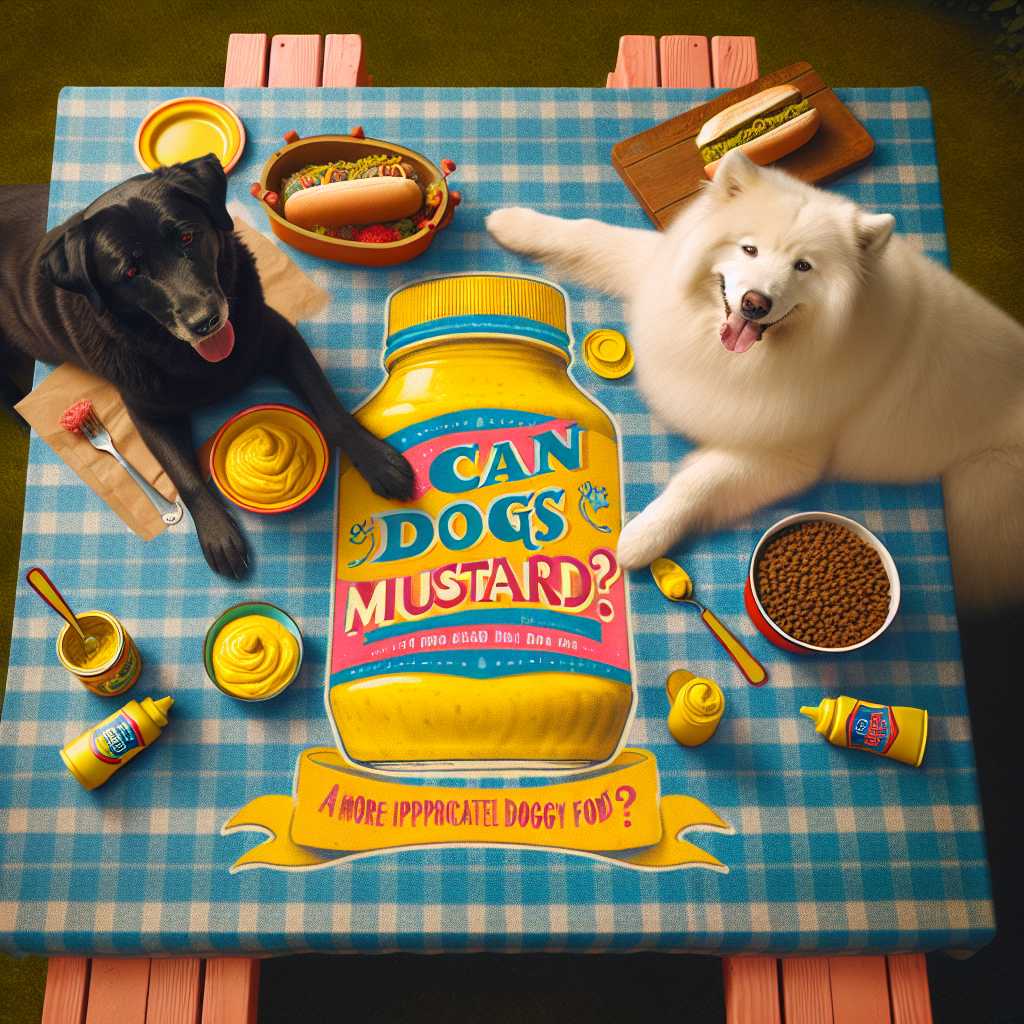As dog owners, we often find ourselves wondering what foods are safe to share with our furry friends. Among the many human snacks, sunflower seeds frequently come into the spotlight. While these tiny, nutritious seeds are a healthy treat for humans, the question remains: can dogs eat sunflower seeds?
The Nutritional Profile of Sunflower Seeds
Sunflower seeds are packed with beneficial nutrients, including:
- Healthy Fats: Sunflower seeds predominantly contain unsaturated fats, which are considered heart-healthy.
- Protein: A good source of plant-based protein, making them a nutritious addition to a balanced diet.
- Vitamins and Minerals: Rich in vitamin E, magnesium, selenium, and B vitamins, sunflower seeds contribute to overall health.
While all of these nutrients can be beneficial, it’s essential to consider how they apply to canine health.
Can Dogs Eat Sunflower Seeds?
Yes, dogs can eat sunflower seeds, but there are important precautions to keep in mind:
1. Moderation is Key
Like any treat, sunflower seeds should only be given to dogs in moderation. High-fat foods can lead to weight gain and other health issues if consumed in excessive amounts. As a general rule, treats should make up no more than 10% of a dog’s daily caloric intake.
2. Remove the Shell
When offering sunflower seeds to your dog, always ensure they are unsalted and shelled. The shells can pose a choking hazard, and they are also difficult for dogs to digest, potentially leading to gastrointestinal blockages.
3. Watch for Allergic Reactions
As with any new food, it’s advisable to introduce sunflower seeds gradually. Observe your dog for any signs of allergic reactions, such as itching, swelling, or gastrointestinal distress.
4. Consult Your Veterinarian
Before introducing any new food into your dog’s diet, including sunflower seeds, it’s always a great idea to consult with your veterinarian, especially if your dog has pre-existing health conditions.
The Benefits of Sunflower Seeds for Dogs
When fed appropriately, sunflower seeds can offer several health benefits for dogs:
- Skin and Coat Health: The vitamin E and fatty acids found in sunflower seeds may contribute to healthy skin and a shiny coat.
- Heart Health: The healthy fats in sunflower seeds may support cardiovascular health.
- Antioxidant Properties: The antioxidants found in sunflower seeds can help combat free radicals and support overall health.
Possible Drawbacks
While sunflower seeds can be a nutritious snack for dogs, there are some potential drawbacks:
- High-Calorie Count: Due to their high-fat content, sunflower seeds are calorie-dense; too many can lead to obesity.
- Salt and Seasoning: Avoid any seeds that are salted or flavored, as excessive sodium can lead to health problems such as hypertension.
- Digestive Issues: As mentioned earlier, the shells can cause digestive issues. Therefore, ensure they are fully shelled before offering them to your pet.
Conclusion
So, can dogs eat sunflower seeds? The answer is yes, provided they are served in moderation, shelled, and unsalted. When introduced correctly and monitored for any adverse reactions, sunflower seeds can be a nutritious treat that adds variety to your dog’s diet. Always keep in mind the importance of a balanced diet and consult your veterinarian when considering any new addition to your pet’s meals.
As responsible pet owners, our priority should always be the health and well-being of our dogs. Enjoy sharing the joys of wholesome treats, but always with care!




